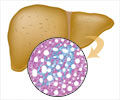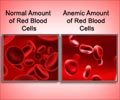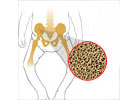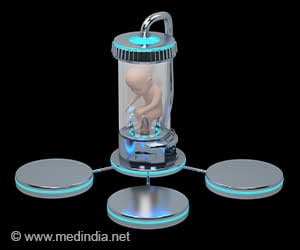
‘Iron overload is usually caused by an inherited condition called hemochromatosis. Excess iron can poison organs, which can lead to conditions such as cancer, irregular heartbeat, and cirrhosis of the liver.’
Tweet it Now
People with genetic iron-overload disorders, or hemochromatosis, could eventually benefit from the research that Collins and his team will conduct. By focusing on a protein known to scientists as the DMT1 transporter, researchers hope to prevent iron overload in at-risk individuals. Normally, a person might absorb 15 percent of the iron he or she consumes.
A person with an iron-overload disorder, however, might absorb 30 percent, and over time, they’re in serious trouble, Collins said. If you decrease the expression of DMT1 in the intestine, maybe you can prevent the iron overload.
Collins, an associate professor in the UF/IFAS department of food science and human nutrition, was recently awarded the 5-year grant from the National Institutes of Health. He’ll work with investigators from Georgia State University and the University at Buffalo.
Scientists working on Collins’ grant want to know if the DMT1 transporter is primarily responsible for excess iron absorption, to assess whether it is a suitable therapeutic target to prevent iron overload.
Advertisement
Assuming researchers prove that DMT1 regulates iron in lab rodents and that they successfully develop the ginger-derived nanoparticle delivery system, they hope to move into human clinical trials in the not too distant future, Collins said.
Advertisement












